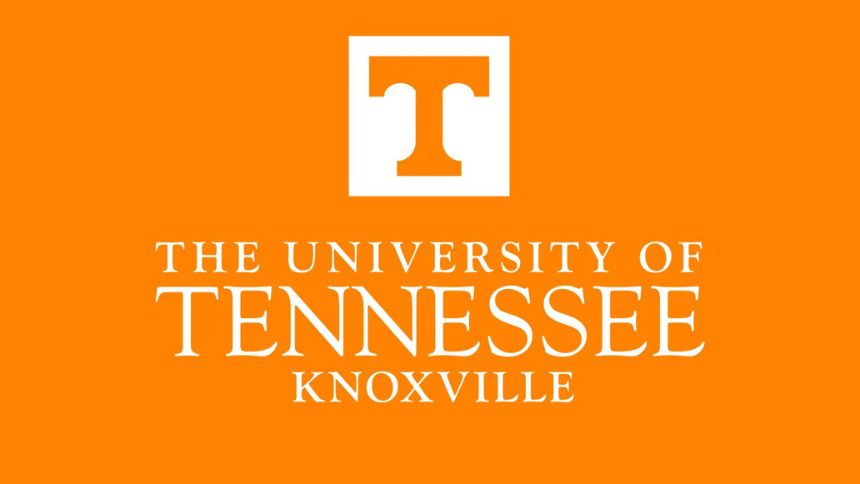
National Science Foundation awards UT, Knoxville $18 million to solve a puzzle
The challenge: how, when and why an infection in a population will spread, or cause an epidemic or pandemic, rather than dying out.
Nina Fefferman, a Professor of Ecology and Evolutionary Biology at the University of Tennessee, Knoxville (UTK), and her team have been awarded $2.8 million as the first payment on an $18 million multi-year grant from the National Science Foundation (NSF) to solve one puzzle that has the potential to change the world: how, when and why an infection in a population will spread, or cause an epidemic or pandemic, rather than dying out.
Fefferman, who serves as Director of the National Institute for Modeling Biological Systems and Associate Director of the UT One Health Initiative at UTK, secured the funding to launch the NSF Center for Analysis and Prediction of Pandemic Expansion (NSF APPEX) in the fall. The multidisciplinary center will focus on identifying the factors that constitute a “perfect storm” for the spread of infection across populations as well as ways humans can prevent or mitigate these threats.
“A lot of pandemic research is immunology and virology, work that happens in medical schools, but that’s only two parts among the very many parts that come together to create a pandemic,” said Fefferman, who has worked in pandemic preparedness for 20 years. “Think about it: A very small portion of an epidemic is what is happening inside one person. Public health is about changing the lives of an entire population.”
The seven-year $18 million grant builds on funding NSF awarded to Fefferman and her Co-Principal Investigators in 2022. That Phase I award, Predicting Emergence in Multidisciplinary Pandemic Tipping-points (NSF PREEMPT), brought together researchers from 17 different academic disciplines to collaborate on a common problem and see if they could accelerate scientific progress.
According to the news release from the NSF, collaborating institutions include Arizona State University, Bowdoin College, Duke University, EDGE Foundation, Georgia State University, Johns Hopkins University, Massachusetts Institute of Technology, Mount Holyoke College, Tufts University, the University of Florida, the University of Wyoming, Virginia Commonwealth University, Washington State University, and Yale University.
Learn more about the project by reading the UTK news release here.
Like what you've read?
Forward to a friend!

